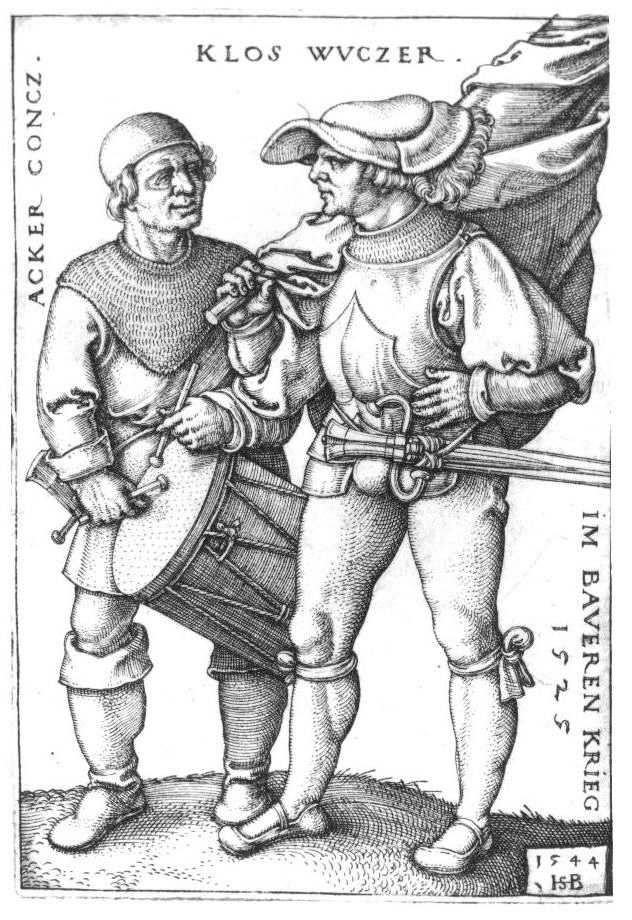
Peasants and Kings
in Early Modern Europe
 |
History 407/507
Peasants and Kings in Early Modern Europe |
CRN: 25245
Who: David M. Luebke
When: Mondays, 3:00-5:50
Where: McKenzie 373
Office Hours: Tuesdays, 2:00-4:00, McKenzie 315
Contact: 346-2394 or dluebke@darkwing.uoregon.edu
When Adam delved and Eve span,
Who then was the gentleman?
The great historian of medieval church law, Walter Ullmann, once wrote that European political culture formed form the interaction of two opposing forces, a “descending” principle that made God the source of power and an “ascending” idea, by which law-giving power arose from below. According to the first of these principles, power was vested by God with monarchs; according to the second, “power ascends from the broad base of the whole people and culminates in a ruler who has no power other than that which the people have conferred on him.” This course is not, strictly speaking, about political theory—although we will be concerned with ideas about how ordinary women and men in pre-industrial Europe thought society ought to be organized. Rather, we will be concerned with the people behind the “ascending” concept of power, especially rural people, and their influence on the development of European society and politics from the late Middle Ages to the end of what historians like to call the “Old Regime” in the late eighteenth century. The title of this course—“Peasants and Kings”—is meant to draw attention to the institutional and ideological contexts in which that influence unfolded. It is therefore not simply about economic forces or the changing structures of village life, but also about the social, political, and religious movements that rural society produced and their impact on the formation of European society as a whole. As we will see, there was a yawning gap between the idea of ascending power and the real possibilities for self-assertion in everyday life. Of course, the most dramatic manifestation of such assertiveness, peasant rebellion, will figure prominently in our readings and discussion. But as we will also learn, the line between “ascending” and “descending” power—or between communal and hierarchical authority, if you prefer—was not always clearly drawn and that the long-term influence of “ascending” power and the ordinary people behind it was in many ways profound.
Requirements
Readings
Course Outline